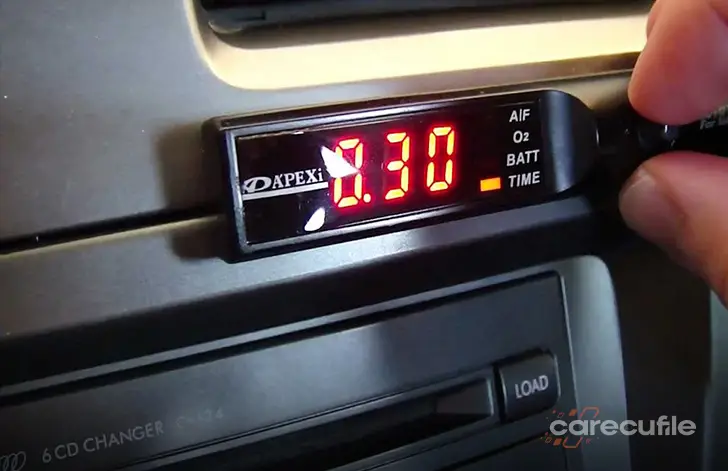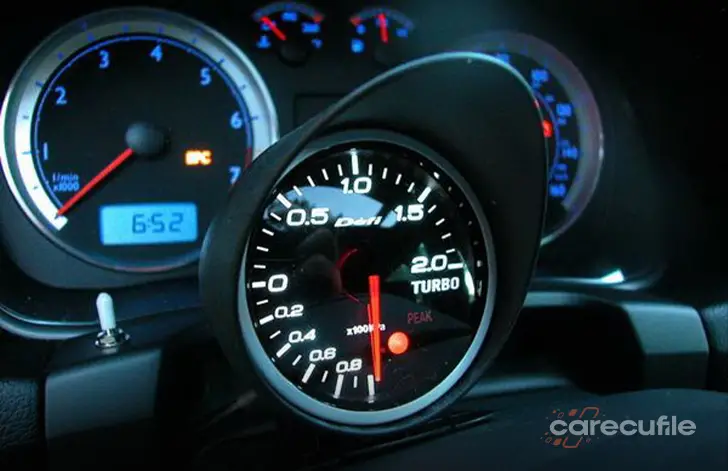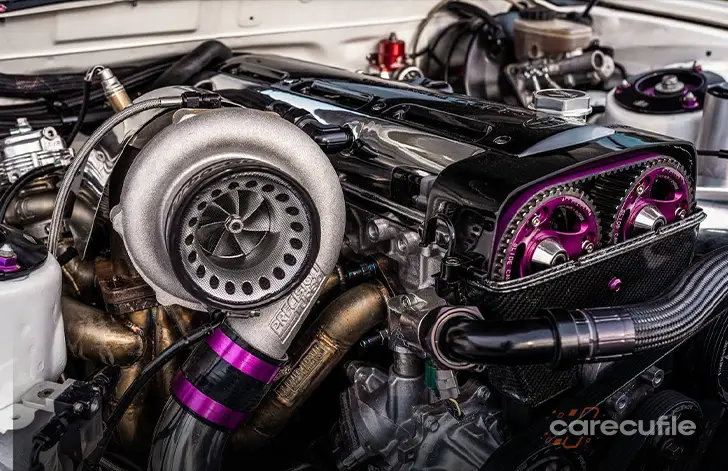Known Misinformation About Vehicles
Known Misinformation About Vehicles
-Replacement of Brake Fluid
Failure to replace the brake fluid is incorrect information. Depending on the use of the vehicle, it is recommended to change it between 2-3 years. It is necessary to change the hydraulic oil to fit the vehicle, that is, in dot size.
-The Big Rim May Not Always Benefit
Most people think that because the wheels are large, they can get a better efficiency from the vehicle. Sometimes this can be the right option. For example, a thin tire and a wide rim will begin to reduce the vehicle's ride on the tire in bends. In this way, it will provide a feeling that you can be both more controlled in the corners when you exhibit higher speed and more controlled. But compared to other wheels, wide wheels can give the car a disadvantage due to their heavier weight and inertia. Small wheels are preferred in drag cars for this reason. If you reduce the rim, your car will go faster.
-Untimely Change of Engine Oil
When we look at the general, most people change oil frequently and they prefer non-quality oils that are cheaper. The reason drivers change the engine oil every three to five thousand kilometers is because they think it will prolong the life of the engine. Not very high-quality oils badly affect the health of the engine. Manufacturers know better how many kilometers and at what value you should use the oil. There is no harm in constantly changing the oil, but this would be a waste for nothing.
-Automatic Gear Vehicles Burn More
The information that automatic vehicles burn more compared to manual vehicles is incorrect. When we look at 12-15 years ago, it is the right information for the old generation vehicles. The reason for this is that older model automatic vehicles burned more than manual vehicles because they were less efficient. But when we look at it now, we need to know that this is not the case. First of all, with the human factor, fuel consumption with dual clutch gearboxes decreases to much less levels with automatic gearboxes. In such a case, automatic vehicles will be more economical for fuel consumption than manual ones.
















